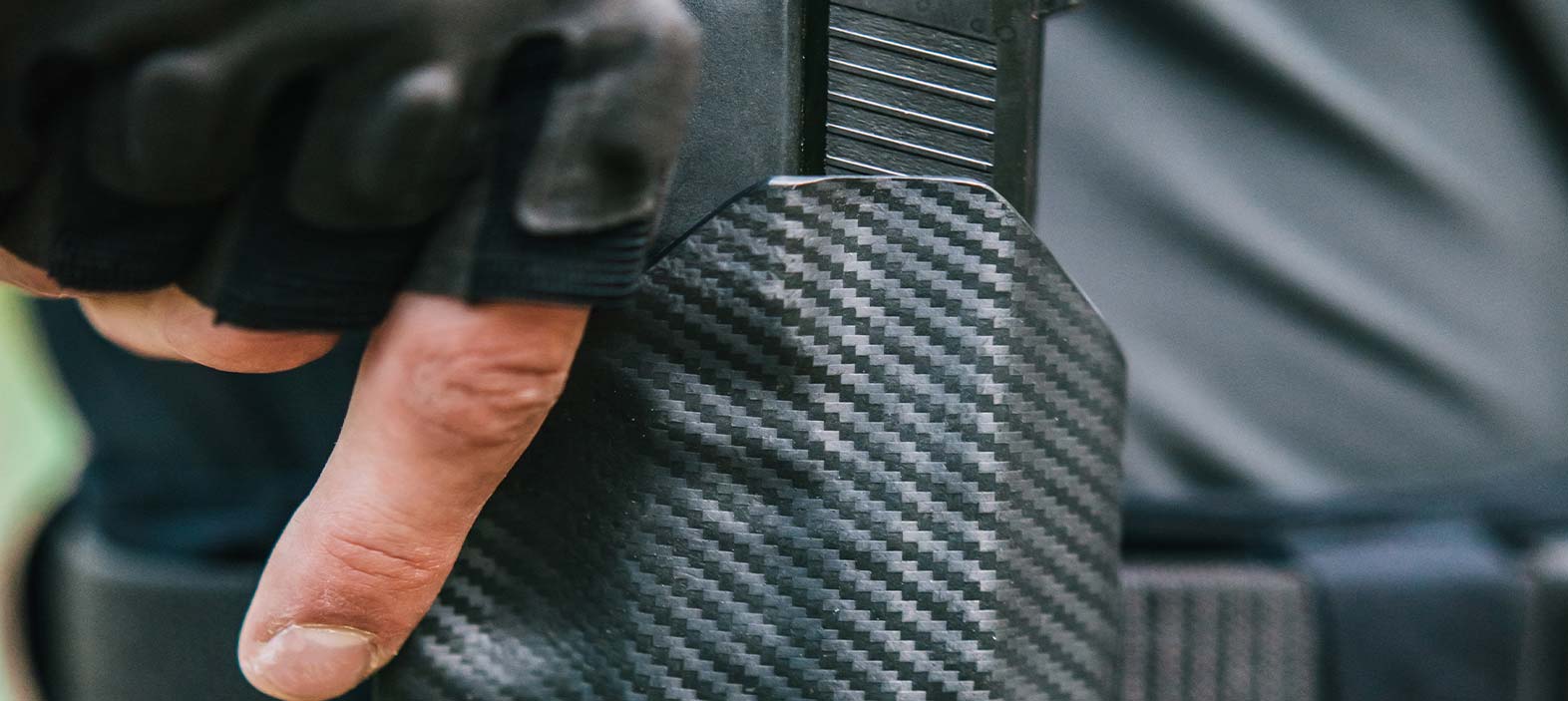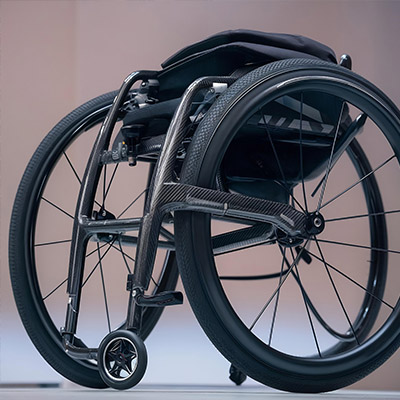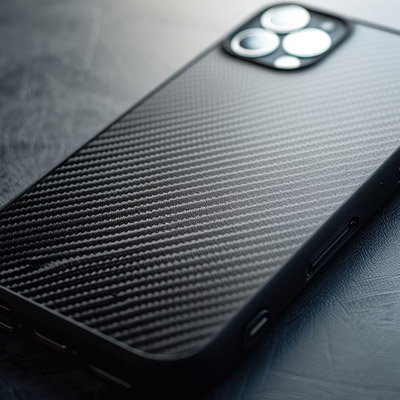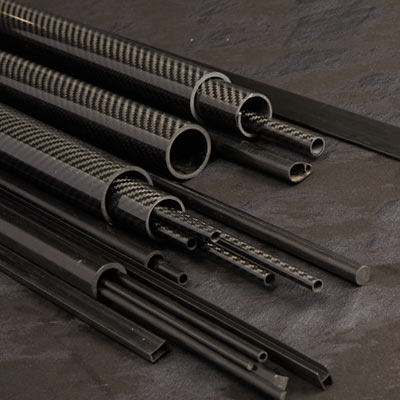
Next-Gen Warfare: Exploring Carbon Fiber Technology For Military Excellence
👁 Reads: 1868
With the nature of warfare changing and ever-evolving to prepare for both conventional and unconventional warfare, it is said that military modernization is the relentless pursuit of strength through evolving technology. As security remains one of the most primal of human requirements, it is essential to ensure our defense remains as advanced as the challenges faced and this is where composite technology, particularly carbon fiber comes in.
Carbon fiber has revolutionized not only several private industries but also the military and warfare landscape. Recognized for its versatility, exceptional strength, and lightweight nature- Carbon fiber has a plethora of applications in aircraft equipment, ground vehicles as well as personal protective equipment. This article gives an understanding of how carbon fiber technology is not only a rugged, reliable, and cost-effective solution but also an operationally fit material to enhance the efficiency and strategic capabilities of the defense ecosystem.
Carbon Fiber Command: Combating Diverse Applications
It is critical to understand that military applications require absolute precision with no margin for error! Carbon fiber with its unique set of properties herein becomes extremely useful. From Ballistic Kevlar protection, drones, and helmets to military vehicle shafts to telescoping mast assemblies, carbon fiber in the form of carbon fiber tubes, carbon fiber sheets, or carbon fiber rods becomes the go-to material. Some of the operational capabilities of the above mentioned are explained as follows:
1. Lightweight Structures and Vehicles: In the case of armored corps, artilleries, aviation, and air force, this quality of carbon fiber products is a real game changer as:
- Unparalleled Strength-to-Weight Ratio: Carbon fiber's exceptional strength-to-weight ratio enables the construction of lightweight military vehicles. This attribute enhances mobility, fuel efficiency, and agility on the battlefield
- Stealth and Reduced Radar Signature: Carbon fiber composites exhibit properties that absorb or scatter electromagnetic waves, making military vehicles constructed with carbon fiber less detectable by radar systems, contributing to enhanced stealth capabilities
2. Aircraft and Unmanned Aerial Vehicles (UAVs): All of the Air defense within the tri- services has seen a massive increase in the performance of its equipment since the incorporation of carbon fiber technology, particularly in the form of carbon fiber sheets.
- Enhanced Performance: Composites offer superior strength, stiffness, and resistance to fatigue, leading to improved performance of military aircraft. This includes increased speed, range, and fuel efficiency.
- Reduced Maintenance: Carbon fiber's resistance to corrosion and fatigue reduces maintenance requirements for military aircraft, extending their operational life and minimizing downtime.
3. Body Armor and Personal Protection: Arms such as infantry, the largest within most Armies, and Homeland security forces such as NSG, require superior ballistic resistance and flexibility to fit into their operations and boost the confidence of the soldier
- Superior Ballistic Resistance: Carbon fiber composites provide excellent ballistic resistance, leading to the development of lightweight and highly protective body armor for military personnel.
- Flexibility and Adaptability: Carbon fiber allows for the design of flexible and adaptable armor solutions, offering protection against a variety of threats, including bullets, shrapnel, and chemical agents.
4. Infrastructure and Facilities: Situated in the extremes of weather, Carbon fiber products provide durability with affordability and ease of operation. Branches like MES and Engineering corps have witnessed a trend in the increased procurement of Carbon fiber rods and other carbon fiber products for rugged construction, likely because:
- Blast Resistance: Carbon fiber composites can be engineered to absorb and dissipate energy, making them ideal for constructing blast-resistant structures, and protecting military installations, bunkers, and critical infrastructure.
- Durability in Harsh Environments: Carbon fiber's resistance to corrosion ensures the longevity and durability of structures in challenging military environments.
5. Electronic Warfare and Communication System: Carbon fiber composites can provide electromagnetic shielding, protecting sensitive electronic components from interference. This is crucial for maintaining the effectiveness of communication systems and electronic warfare equipment. Carbon fiber also minimizes signal leakage in military antennas and radomes, contributing to improved signal integrity and security in communication systems
Battlefield Reflections:
In the dynamic landscape of military technology, the integration of carbon fiber has not only ushered in a new era of innovation but has also redefined the benchmarks for performance and resilience. The applications of carbon fiber technology in military systems, spanning from lightweight vehicles to advanced body armor, signify a paradigm shift in defense capabilities. As carbon fiber technology continues to advance, its unique combination of unparalleled strength, lightweight properties, and adaptability positions it as a cornerstone for future military innovations. The strategic advantage provided by carbon fiber extends beyond immediate gains in mobility, protection, and operational efficiency, fostering a proactive and adaptive approach to address evolving security challenges of symmetrical as well as asymmetrical warfare!





